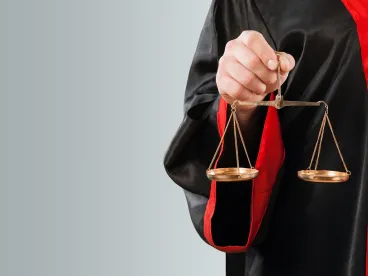A jury in California awarded $22.4 million in punitive damages to a former sales manager of Cardiovascular Systems, Inc., a medical device company, based on a finding that his employer retaliated against him under both the California Fair Employment & Housing Act (California Government Code § 12940(h)) and the California Whistleblower Act (California Labor Code § 1102.5(b)) for making complaints regarding alleged discrimination against female employees as well as various unethical medical sales practices. The punitive damages award came just one day after the jury awarded Plaintiff $2.7 million in compensatory damages.
The employer contended that Plaintiff’s employment was terminated for legitimate, non-retaliatory reasons based on a verbal confrontation between Plaintiff and his supervisor. The employer submitted evidence that Plaintiff yelled, slammed his fists on a table and called his supervisor a “liar.” The employer also argued that Plaintiff’s complaints were not asserted in “good faith”, but were simply made up to prevent his supervisor from modifying his sales territory.
The jury rejected the employer’s defenses and entered a verdict for the Plaintiff. Prior to the award of punitive damages, Defendant’s attorney told the jury that Plaintiff already had been fully compensated by the jury’s $2.7 million award of compensatory damages. He also stated that since the employer had already gotten the message, there was no need for any award of punitive damages. The Plaintiff’s attorney told the jury that the Defendant attorney’s statements showed that the employer still did not believe it violated the law, despite the unanimous verdict against it. The Plaintiff’s attorney emphasized that the employer failed to present any evidence that it had or will make changes to prevent retaliation from occurring in the future.
The magnitude of this jury award underscores the importance of training supervisors of the risks of retaliation claims even if the employee’s underlying complaint is believed to have been made in bad faith. Further, it highlights that employers should carefully consider that juries will evaluate the extent to which an employer has presented evidence that its policies and practices have or will prevent unlawful retaliation in the workplace.




 />i
/>i
